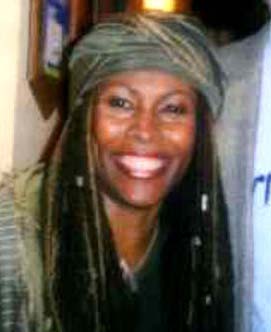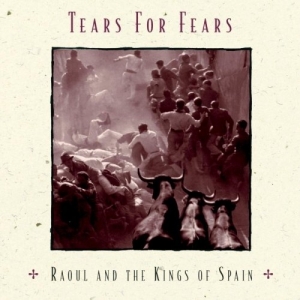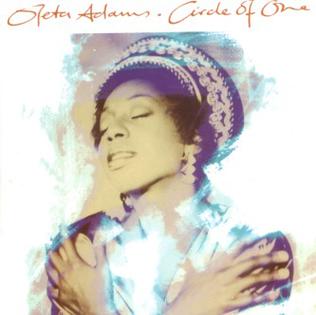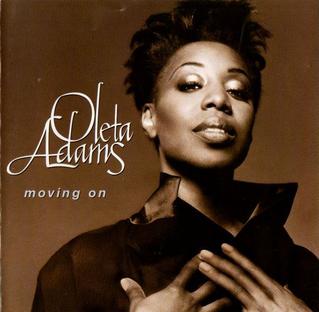
Tears for Fears are an English pop rock band formed in Bath in 1981 by Curt Smith and Roland Orzabal. Founded after the dissolution of their first band, the mod-influenced Graduate, Tears for Fears were associated with the synth-pop bands of the 1980s, and attained international chart success as part of the Second British Invasion.

The Seeds of Love is the third studio album by British pop rock band Tears for Fears, released on 25 September 1989 by Fontana Records. It retained the band's epic sound while incorporating influences ranging from jazz and soul to Beatlesque pop. Its lengthy production and scrapped recording sessions cost over £1 million. The album spawned the title hit single "Sowing the Seeds of Love," as well as "Woman in Chains," and "Advice for the Young at Heart", both of which reached the top 40 in several countries.

Elemental is the fourth studio album by English pop rock band Tears for Fears, released on 7 June 1993 by Mercury Records. It was the band's first album recorded following the departure of co-founder Curt Smith, with Roland Orzabal assuming sole leadership with the help of additional musicians.

Songs from the Big Chair is the second studio album by English band Tears for Fears, released on 25 February 1985 by Mercury Records, distributed by Phonogram Inc. A follow-up to the band's successful debut album, The Hurting (1983), Songs from the Big Chair was a significant departure from that album's dark, introspective synth-pop, featuring a more mainstream, guitar-based pop rock sound, sophisticated production values and diverse stylistic influences, while Roland Orzabal and Ian Stanley's lyrics displayed socially and politically conscious themes.

Curt Smith is a British singer, songwriter, musician and record producer, who is best known as the co-lead vocalist, bassist and co-founding member of the pop rock band Tears for Fears along with childhood friend Roland Orzabal. Smith has co-written several of the band's songs, and sings lead vocals on the hits "Mad World", "Pale Shelter", "Change", "The Way You Are", "Everybody Wants to Rule the World", and "Advice for the Young at Heart".

Roland Jaime Orzabal de la Quintana is a British musician, singer, songwriter, record producer, and author. He is the guitarist, co-lead vocalist, main songwriter and a co-founder of Tears for Fears. Orzabal has been the only constant member of the band, having appeared on every Tears for Fears studio album. He is also a producer of artists such as Oleta Adams. In 2014, Orzabal published his first novel, a romantic comedy.

"Everybody Wants to Rule the World" is a song by English pop rock band Tears for Fears from their second studio album Songs from the Big Chair (1985). It was written by Roland Orzabal, Ian Stanley, and Chris Hughes and produced by Hughes. It was released on 22 March 1985 by Phonogram, Mercury, and Vertigo Records as the third single from the album. "Everybody Wants to Rule the World" is a new wave and synth-pop song with lyrics that detail the desire humans have for control and power and centre on themes of corruption.

Brenda Russell is an American singer-songwriter, producer, and keyboardist. Russell has a diverse musical range which encompasses R&B, pop, soul, dance, and jazz. She has received five Grammy nominations.
Philip Thornalley is an English songwriter, musician, and producer who has worked in the music industry since 1978. He produced the album Pornography by The Cure and was later their bass player. He began releasing his own music in 1988 and briefly joined the band Johnny Hates Jazz. In later years he worked principally as a songwriter, and is perhaps best known for co-writing the song "Torn" and for writing two UK number one hits for Pixie Lott. Starting in the 2010s he released more solo music under his own name and as Astral Drive.

Raoul and the Kings of Spain is the fifth studio album by the British pop rock band Tears for Fears, released on 16 October 1995 by Epic Records. Like the band's previous album, Elemental (1993), it is essentially a solo effort by Roland Orzabal, as neither album involved Curt Smith.

"Shout" is a song by English pop rock band Tears for Fears, released as the second single from their second studio album, Songs from the Big Chair (1985), on 23 November 1984. Roland Orzabal is the lead singer on the track, and he described it as "a simple song about protest". The single became the group's fourth Top 5 hit in the UK Singles Chart, peaking at No. 4 in January 1985. In the US, it reached No. 1 on the Billboard Hot 100 on 3 August 1985 and remained there for three weeks; also topping the Cash Box chart. "Shout" became one of the most successful songs of 1985, eventually reaching No. 1 in multiple countries.

Circle of One is the third album by American vocalist, pianist, and songwriter Oleta Adams and was released in 1990. Circle of One was Adams' first album to receive wide distribution; her two earlier albums were self-financed and received only local distribution.

"Head over Heels" is a song recorded by British band Tears for Fears for their second studio album Songs from the Big Chair (1985). The song was released by Mercury Records, as the album's fourth single – initially on 10 June 1985 in Germany and then on 14 June in the UK. It was the band's tenth single release in the United Kingdom and eighth top 40 hit in the region, peaking at number 12. In the United States, it was the third single from the album and continued the band's run of hits there, peaking at number three on the Billboard Hot 100 chart. A limited edition four-leaf-clover-shaped picture disc was issued for the single's release in the UK. The song was also an international success, reaching the top 40 in several countries.

"The Way You Are" is a song by the British band Tears for Fears. It was the band's sixth single release overall and their fourth UK Top 40 hit. Released as a single in November 1983, it was intended as a stopgap between the band's first and second albums, mainly to keep the group in the public eye, and was not included on the band's second album.

"Woman in Chains" is a song by English band Tears for Fears, released as the second single from their third studio album, The Seeds of Love (1989). It has been described as a "feminist anthem". It was an international success, reaching the top 40 in several countries, including the United Kingdom, the United States, Canada, France, and the Netherlands.

"Get Here" is a pop ballad written by American singer and songwriter Brenda Russell. The title track of her fourth studio album, Get Here (1988), it became a moderate hit on the US Billboard R&B chart after the album's successful first hit, "Piano in the Dark".

Going to California is a concert performance video by the British group Tears for Fears. Released in 1990, it is a recording of the band's show at the Santa Barbara County Bowl in May 1990 during their "Seeds of Love" World Tour.

Moving On is the fifth album by American vocalist, pianist and songwriter Oleta Adams, released in 1995. It saw Adams move towards a more straightforward R&B sound, working with established R&B producers Vassal Benford and Michael J. Powell who helped to mix her usual soul, pop and gospel styles with R&B. Adams wrote or co-wrote six of the twelve songs on the album, and for the first time produced two of the songs.

The Very Best of Oleta Adams is a compilation album by American vocalist, pianist, and songwriter Oleta Adams and was released in 1996.

Shout: The Very Best of Tears for Fears is a 2001 compilation album released by the British band Tears for Fears. The album contains the greatest hits of the band from their first album, The Hurting, to the much later Elemental. The liner notes contain various photographs which were researched by Jason Pastori and coordinated by Ryan Null.



















